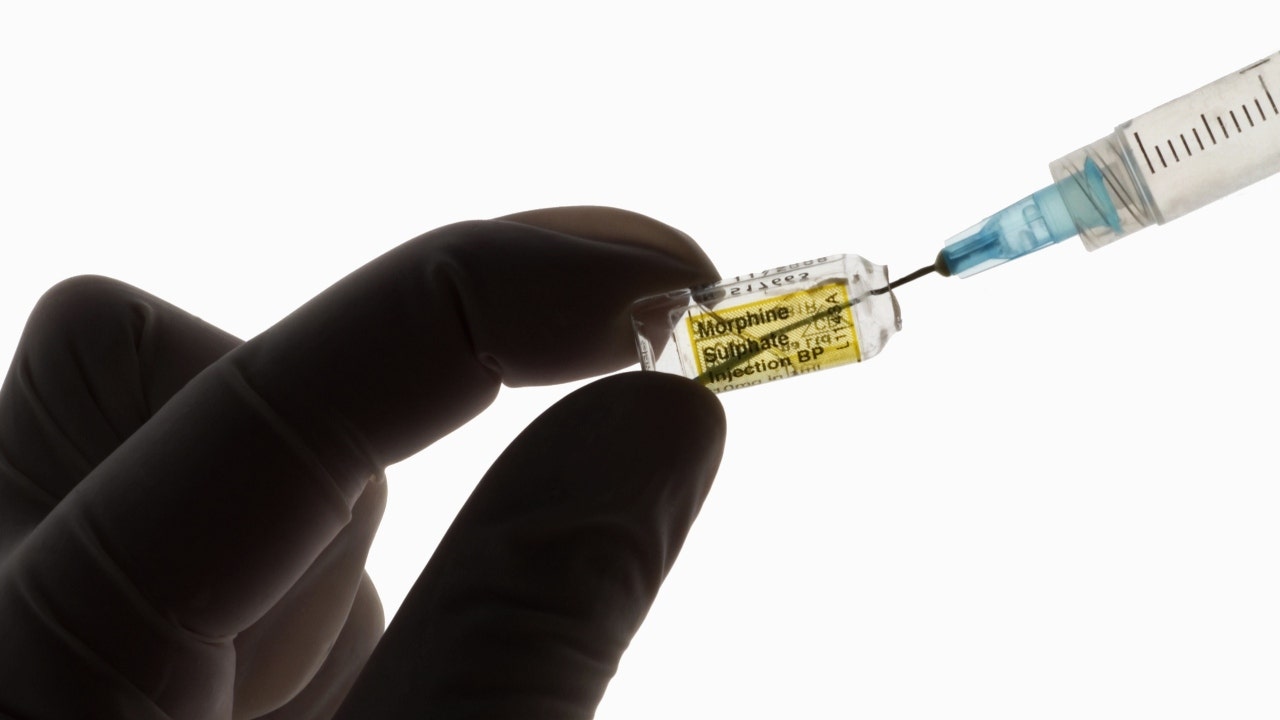- Joined
- Apr 9, 2006
- Messages
- 5,448
- Reaction score
- 7,327

Suburban Chicago nurse pleads guilty to stealing morphine from patients
A suburban Chicago nurse has pleaded guilty to tampering with medications intended for patients under her care.
Seems quite serious charges? And maybe a bit of a reach by the prosecutor?
"Diamond removed the morphine with reckless disregard and extreme indifference for the risk that the patients would be placed in danger of bodily injury," the U.S. attorney's office said in a statement.
Not sure if this quite reaches that level of reckless disregard as there was no mention of her contaminating the vials with adulterants or using dirty needles that put the patients at swrious risk.. We've all heard of people who have diverted drugs to feed their own addictions. They've been fired, black listed, maybe their license revoked. Now they might see the inside of a prison cell?


